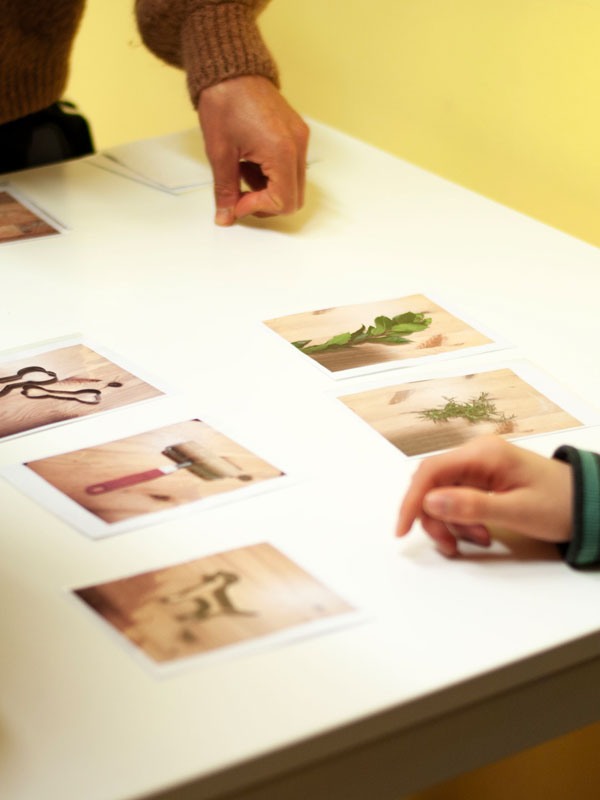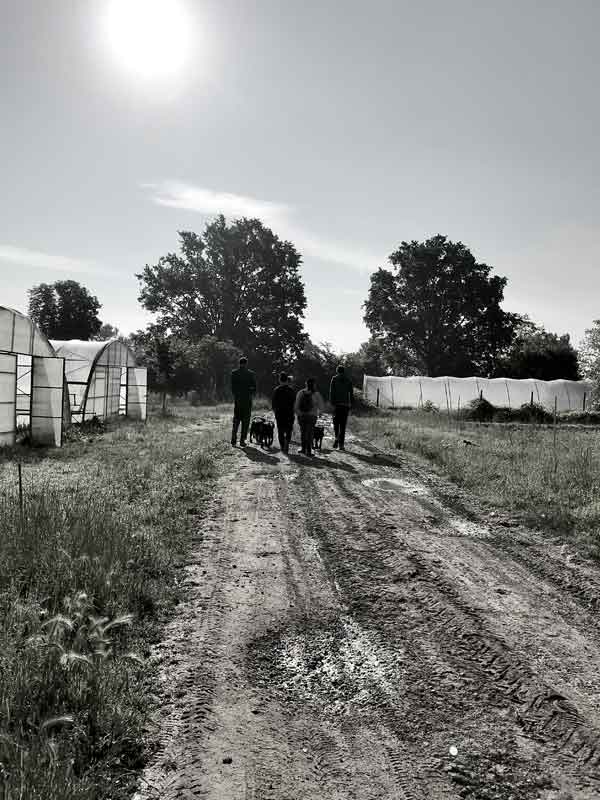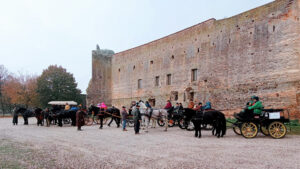150th Anniversary - SIP National Congress
May 29 - 8:00 AM | June 1 - 17:00 PM
Palazzo della Gran Guardia - Verona
We are pleased to announce that I’M Possible, on the occasion of the 150th anniversary of the Italian Society of Psychiatry, will participate in the Congress to be held from May 29 to June 1 at the Palazzo della Gran Guardia in Verona.
During this event, we will have the opportunity to present an innovative research study focused on non-pharmacological rehabilitation treatments, specifically Animal-Assisted Interventions. This study represents a significant step forward in the understanding and application of alternative therapeutic approaches, offering new perspectives and tools to improve the quality of life for participants and all involved.
Want to know more? Here’s an abstact.
Animal-Assisted Interventions (AAI): Innovative Scenarios in Neuro-Psychiatric Rehabilitation and Social Inclusion.
Three Intervention Models from the Collaborative Experience between a Psychiatric Hospital and a Farm in the Modena Area.
Authors
Francesca Raisi, Lisa Zambianchi, Clemente Forni, Vittoria Neviani, Cristina Donati.
Affiliation
Villa IGEA: Accredited Private Hospital. Services in Child Neuropsychiatry, Autism, and Adult Psychiatry – Modena – Italy
Medical Specialization School in Child Neuropsychiatry, Department of Medical and Surgical Sciences (DIMEC), University of Bologna ~ Bologna ~ Italy
I’M Possible ASD APS ETS Association specialized for Animal-Assisted Interventions and Training (National Reference Registry digitalpet.it) – Modena – Italy
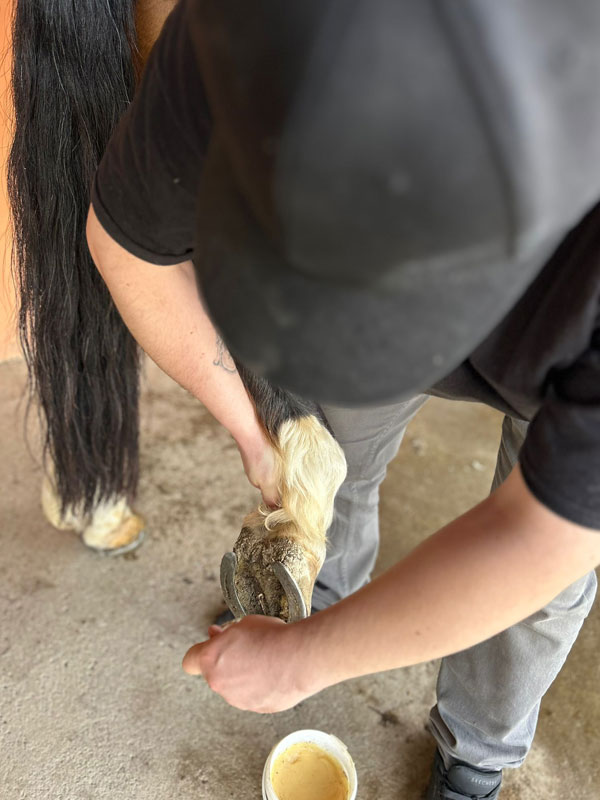
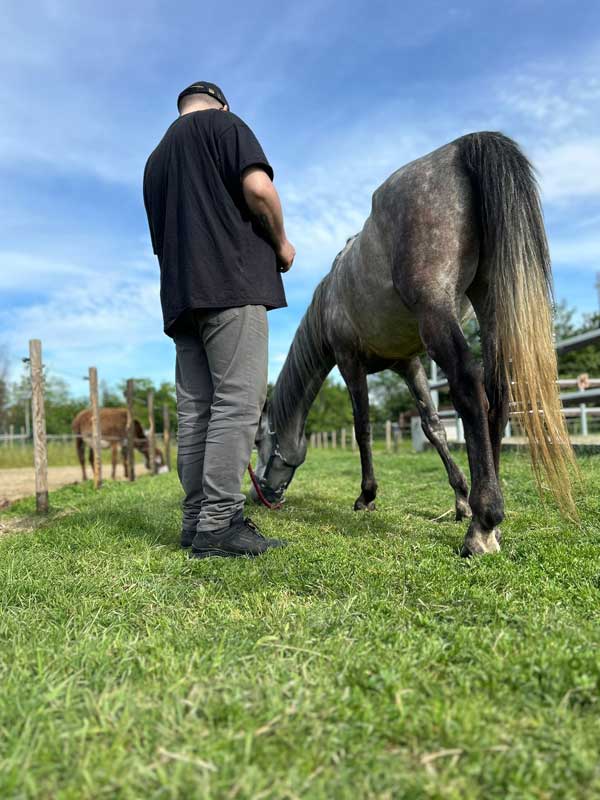
Intro
In recent decades, awareness has grown that the human-animal relationship can provide significant benefits to individuals, particularly those accessing neuro/psychiatric care centers. Pets can act as mediators in therapeutic, rehabilitative, and educational processes. Their use in therapeutic projects has not only become widespread but has also evolved from initial empiricism towards a more scientific approach, as advocated by the National Guidelines for Animal-Assisted Interventions approved in 2015 by the State-Regions Agreement. Concurrently, Law No. 141/2015 has recently established the concept that agriculture can also play a role in social and health policies, opening up to projects where the multifunctional aspects of agriculture, in collaboration with public bodies and the Third Sector, become the context for the development of educational, socio-healthcare, rehabilitative, and social inclusion interventions.
Pratices
Three animal-assisted therapy (AAT) models are presented, documented iconographically, focusing on both their specific settings (relative peculiar rehabilitative potentials) and effectiveness outcome evaluations. These models are respectively derived from the cases of three different departments of Villa Igea Hospital, whose patients regularly participate in rehabilitative activities in agricultural environments and/or with the assistance of animals. Specifically, the case is presented (origin: Day Center for Adults) of occupational therapy for a young adult with internalizing disorder comorbid with fibromyalgia; then the rehabilitative model of a minor (origin: Semi-residence for Adolescents) affected by an externalizing disorder included in an AAT protocol, and finally, the developmental model of farm activities for a child (origin: Autism Center) followed for neurodevelopmental disorder.
Results and Conclusions
Animal-Assisted Interventions, even in social farming settings, represent an innovative therapeutic modality that, within the context of synergistic multiprofessional protocols, is demonstrating positive results in the field of neuro/psychiatric rehabilitation, especially during so-called recovery phases. In general, AAIs promote social skills, reduce stress, anxiety, and feelings of isolation, improve mood, contribute to emotional self-regulation strategies, and facilitate the development of daily life autonomies. However, the scientific evaluation of the effects of AAIs is a complex investigation due to significant limitations arising from the small sample sizes in studies, the multifaceted nature of settings, and the lack of standardized measurement tools. This aspect will require further scientific efforts in the coming years to identify specific effectiveness indicators to implement targeted and individualized intervention models.
